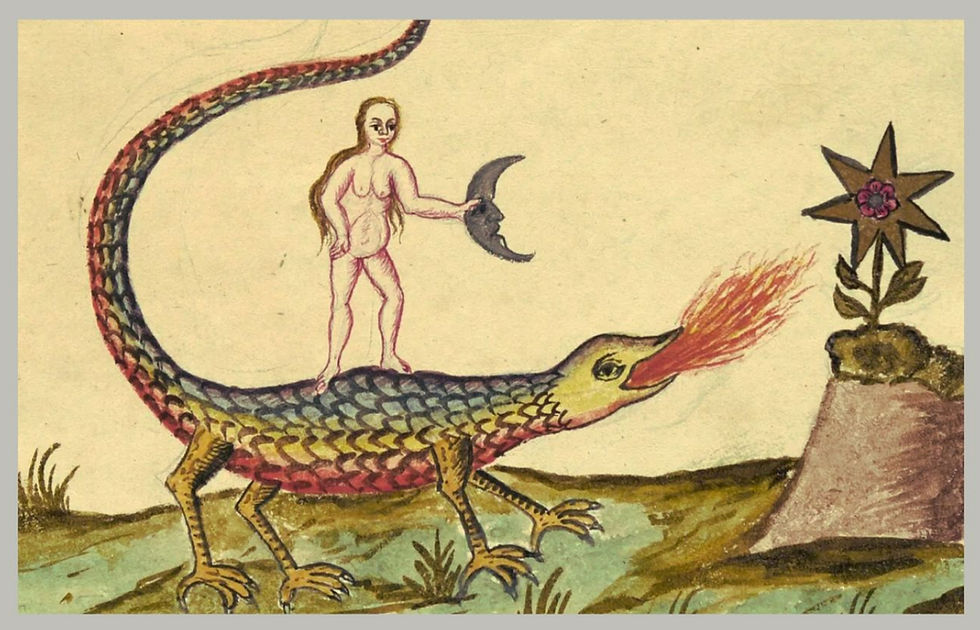Empathy Is Fragile
- Ekta Kumar
- Sep 9, 2022
- 2 min read
A screen full of faces. A shaky audio, and snatches of tearful eulogies. I attended a mourning ceremony day before yesterday. It didn’t feel right.

The past few weeks has brought death closer than ever before. I don’t know of anyone who has not lost someone. There is a feeling of constant disquiet. Every day brings news of someone infected, some who are struggling and those who succumb. There is barely any time to pause, consider or reflect. A pervasive sense of helplessness surrounds us, as the world shakily struggles to recover.
As the number climbs, and my list of WhatsApp condolences grows, I wonder if the feeling of loss is now so entrenched in our daily life, that the news of death no longer shocks us. Every single life is valuable, and we would do anything to save it, and protect that person, but a large number of people dead is often reduced to a mere statistic. We are compassionate beings with a tremendous capacity to empathise. But our feelings don’t increase with an increase in the death toll. There are studies that show as that number rises, so does our indifference. Empathy is fragile.
It is also increasingly tough to feel any closeness when we are isolated, and apart. The need for connection becomes secondary, when we are desperately trying to survive. Our detachment is reinforced everyday with reminders of social distancing, telling us to stay at home. I would like to think of us as superheroes, but it is a lame imaginary when all I do is wash my hands and hide behind a mask.
It is not that we are totally numb. The tragic cries for help do touch our hearts. It leads to spurts of kindness. We’ve seen people organise themselves into groups, volunteer, donate and try and help in any way that they can. But only a few have the tenacity to continue the good work, day after day, without fading.
The world has changed, and even though we know it is temporary, it doesn’t feel like it. We are all in some way, grieving for many different reasons. The loss of a life we knew, the comfort of routine, the missed milestones, the empty celebrations, the death of a loved one, a colleague who will be missed, a friend out of touch and is gone forever, anger at a faltering system, an intense yearning to hold hands, confusion over what next, and a resigned acceptance of a life half lived. There is much to mourn.
Grief is a natural emotional response to loss. However, there is an unspoken guilt we carry. It is hard to complain when a larger threat looms over our head. Are we being ungrateful? After all, we are still alive.
For too long we have been told to be strong and ‘move on’. But the key to healing is to embrace sorrow and joy in equal measure. Grief refuses to be confined to narrow boundaries, it is a spectrum, just like hope. Feelings are precious, aching regrets, disappointments, resentment, fear, and a sense of overwhelming loss – makes life real. We must acknowledge it, allow it. Grief can bind us, it can heal us. Pain cuts deep, but in all its glory, it also reminds us of being intensely human.



Comments